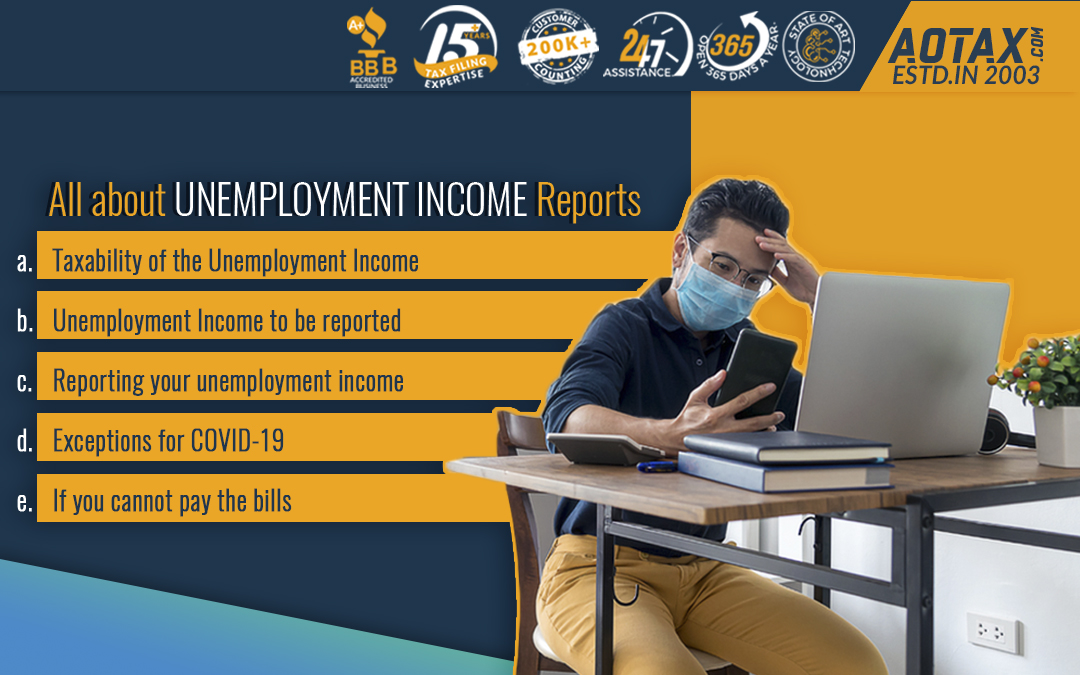All you need to know about the W-2 form (Wage and Tax Statement)

All you need to know about the W-2 form (Wage and Tax Statement)
The Form W-2 is officially known as the Wage and Tax Statement. The Form W-2 can be defined as the form which an employer should send to its employees and the IRS at the end of every financial year. It mainly denotes the annual wages of the employees and the amount of taxes that have been withheld from the paycheck of the employees. Form W-2 of an individual would also denote the State taxes and other taxes which have been withheld from his paycheck.
The information present on Form W-2 of an individual is extremely necessary while preparing his tax returns. Employers must send the Form W-2 of their employees by 31st January of the tax year to ensure proper tax return preparation. In case of an individual being a contractual employee or self-employed, the income would be reported by other tax forms i.e. Form 1099-NEC or Form 1099-K.
Tax Withholding and its importance
When an employer is withholding amounts from paychecks for the purpose of Federal Income tax, those amounts are being constantly transferred to the IRS throughout the year. Usually, the IRS instructs the taxpayers to make certain periodic payments throughout the year and this is mostly taken care of by the employers.
While the preparation of federal tax returns, the withholding amount reported on Form W-2 would be deducted from the tax bill of an employee. After this has been performed, it would be easy to understand if a tax refund is expected to be received or tax payment would be done. In the case of State Income tax too, when a taxpayer is filing the State Income Tax return a similar calculation has to be done for the amount that has been withheld from a paycheck for the payment of the State Income tax.
How to review the Form W-2?
Let us have a look at some of the major tips that can be used for a review of the Form W-2.
- The taxpayer must check the Social Security Number in Block A of Form W-2. If the Social Security Number is wrong, then the employer must be requested for issuing a corrected version of the Form W-2. The taxpayers should not try to change the details themselves as the employer must send the correct copy to the Government for the correct implementation of the changes.
- Taxpayers should never assume that the information in their Form W-2 is correct. The figures in the boxes i.e. Box 1 i.e. the federal tax, Box 2 i.e. the federal income tax which has been withheld, Box 16 which highlights the State wages, and Box 17 which highlights the withheld State Income tax must be compared with the figures that are mentioned on the final paycheck stub for 2020.
- In the year 2020, if the employer of the taxpayer has sponsored any of the moving expenses then those must be included in the Form W-2. Box 1 of the Form should be reviewed carefully to check the inclusion of that expenditure.
- In case an individual has not received his Form W-2 by the end of the first week of February then the employer must be intimated about it. There is a toll-free number that can be helpful for the taxpayers who have not received their Form W-2. As an alternate option, Form 4852 can be substituted for Form W-2 while filing the federal tax returns.
If an individual has complete knowledge about reading Form W-2 then it can be very helpful in understanding his salary structure and even starting the preparations for the tax returns. Once, the tax return preparations are over the taxpayers must attach a copy of their filled Form W-2 and send it to the IRS.
Conclusion
Hence, this information related to the Form W-2 would be of great help for the taxpayers to understand their salary, taxes, and even tax preparations.



Recent Comments